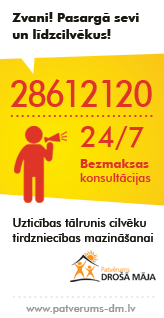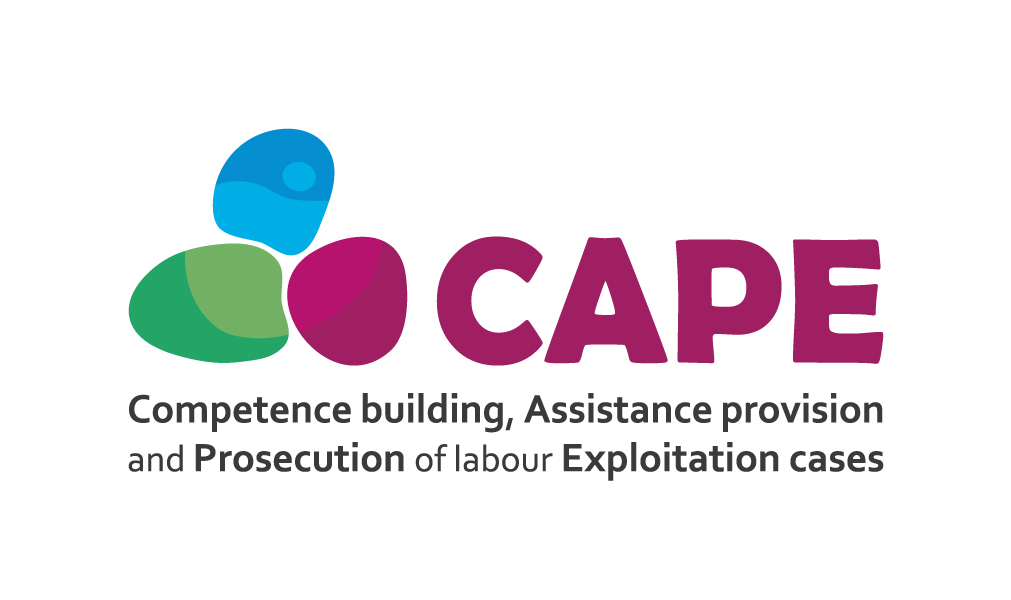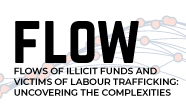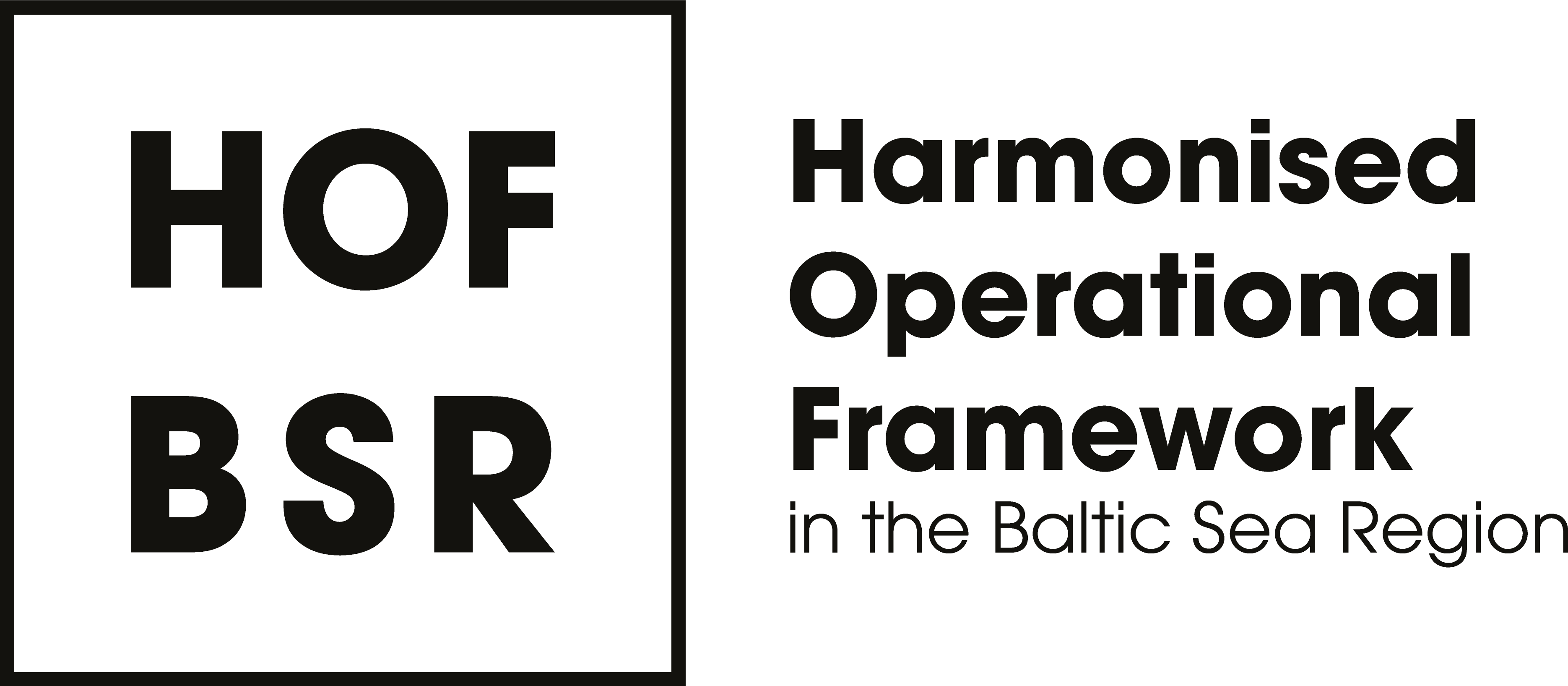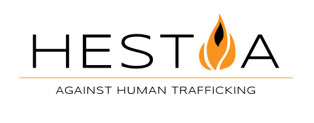One of the major activities to achieve the project objective was a joint research covering five countries, i.e., Latvia, Lithuania, Estonia, Ireland and Slovakia, which took place over a 20-month period. At the start of the project, national meetings were organised to discuss sham marriages and their links to human trafficking, leading to the creation of expert groups and multidisciplinary teams of practitioners to discuss the issue of trafficking in human beings at the national level.
HESTIA project team defined a new concept, "exploitative sham marriages", and concluded that the phenomenon is closely linked to human trafficking for forced sham marriages. It was found that the phenomenon is to a large extent essentially gender-based, where most of the potential victims are women originating from EU countries while the majority of the third country nationals involved are men.
„In all of the five countries studied, the researchers identified different forms of exploitation which have taken place in the context of sham marriages concluded between female EU citizens and male third country nationals. Some of the identified cases included very clear elements of force, coercion, deception and exploitation, and even human trafficking,” noted Minna Viuhko, lead researcher of the European Institute for Crime Prevention and Control of the United Nations (HEUNI).
HESTIA project team has stated that human trafficking is a crime where the collection of data is impaired not only by the hidden nature of the crime but also by the wide scope of definitions and concepts that might be applicable. The project utilised a pilot methodology developed and applied by HEUNI for exploring human trafficking for forced labour. This methodology is based on collecting information from a large variety of sources and incorporates both qualitative and quantitative information sources.
Based on the research guidelines provided by HEUNI, between February 2015 and September 2016, the project partners in Latvia, Lithuania, Estonia, Ireland and Slovakia carried out empirical research on the situation in their country, altogether conducting 72 interviews with experts from different areas and victims of exploitative sham marriages. Having summarised the national reports by all countries, the experts came to several conclusions. The main are:
- human trafficking is criminalised in the national laws of all five countries;
- there is convincing evidence that the methods of recruitment for exploitative sham marriages and for human trafficking are the same: the victims are lured with false promises and fake job offers and opportunities;
- in most cases the victims began to become aware of the reality of the situation only in the destination country;
- all the research reports identified various forms of exploitation, and different methods of control. Threats and psychological control, sexual and physical violence, financial control, and economic violence were used to control the women.
The findings and recommendations of the project research at the EU level are aimed at strengthening the political systems of the EU Member States, international cooperation, and assistance to victims, training of different professional groups, increasing the level of awareness, as well as conducting further research on the issue of human trafficking and collection of data. The full text of the report is available on the following website:
"The project research report not only clearly identified links between human trafficking and sham marriages, but also provided the basis for the development of training methodologies", emphasised Lāsma Stabiņa, National Anti-Trafficking Coordinator (MoI) and Manager of the HESTIA Project. "For all the participating countries, the project was the first attempt to systematically evaluate and address exploitative sham marriages and their links to human trafficking. We are pleased that we have been able to develop an information platform which is based on knowledge and arguments, so that the EU Member States could proceed with an in-depth evaluation of the situation and instruments for action in their countries enabling them to take effective measures against the phenomenon of sham marriages and human trafficking".
The plans are to present the project results, conclusions and recommendations at a meeting of the European Union Informal Network of National Rapporteurs or Equivalent Mechanisms on Trafficking in Human Beings in December in Brussels.
To increase knowledge and awareness of professionals from different areas about exploitative sham marriages and their links to human trafficking, a series of workshops developed by the NGO "Shelter ‘Safe House’" were organised this September and October for future animators in all five countries.
In Latvia, five two-day training seminars were held from 14.09 to 18.10, where knowledge and practical skills were gained by 184 professionals of different areas from all over Latvia: social workers, employees of family courts, libraries, educational institutions, extra-familial care institutions, state and local police officers, prosecutors, and NGO activists. Altogether, 58 Latvian provinces were represented. Already today the participants of the workshops are sharing the information obtained with their workforce and initiating reflection on the human trafficking issue in their provinces by both organising awareness-raising events themselves and preparing publications for their local newspapers and informing the population of their provinces, towns and parishes throughout Latvia. The participants will proceed with educational work until 30 November of this year.
With the purpose of informing about human trafficking risks, a preventive campaign is launched in Latvia during which billboards will be placed in Riga and an informative video on human trafficking issues developed by Latvian advertising agency GO!AHEAD will be distributed on the internet. To watch the video and find out more about the preventive activities of human trafficking, visit the national information resource devoted to the reduction of human trafficking and current developments in Latvia at: www.cilvektirdznieciba.lv.
*The Project is coordinated by the Ministry of the Interior (Latvia). Project partners: NGO "Shelter ‘Safe House’" (Latvia), NGO "Living for Tomorrow" (Estonia); NGO "Caritas Lithuania" (Lithuania); Immigrant Council of Ireland (Ireland); Ministry of the Interior of Slovak Republic (Slovakia); European Institute for Crime Prevention and Control of the United Nations (HEUNI) (Finland). Associated Project partners: The State Police (Latvia), Ministry of Foreign Affairs (Latvia), Department of Justice and Equality (Ireland).
The "Preventing human trafficking and sham marriages: A multidisciplinary solution" (HESTIA) project has been funded with support from the European Commission. This publication reflects the views only of the author, and the European Commission cannot be held responsible for any use which may be made of the information contained therein. Grant Agreement No. HOME/2013/ISEC/AG/THB/4000005845. The implementation of the HESTIA project was started on 1 January 2015 and will continue until 31 December 2016. #HESTIA_THB https://ec.europa.eu/anti-trafficking/
Information prepared by: Rasa Saliņa, Public Relations Specialist of the HESTIA project, e-mail: rasa.salina@gmail.com



